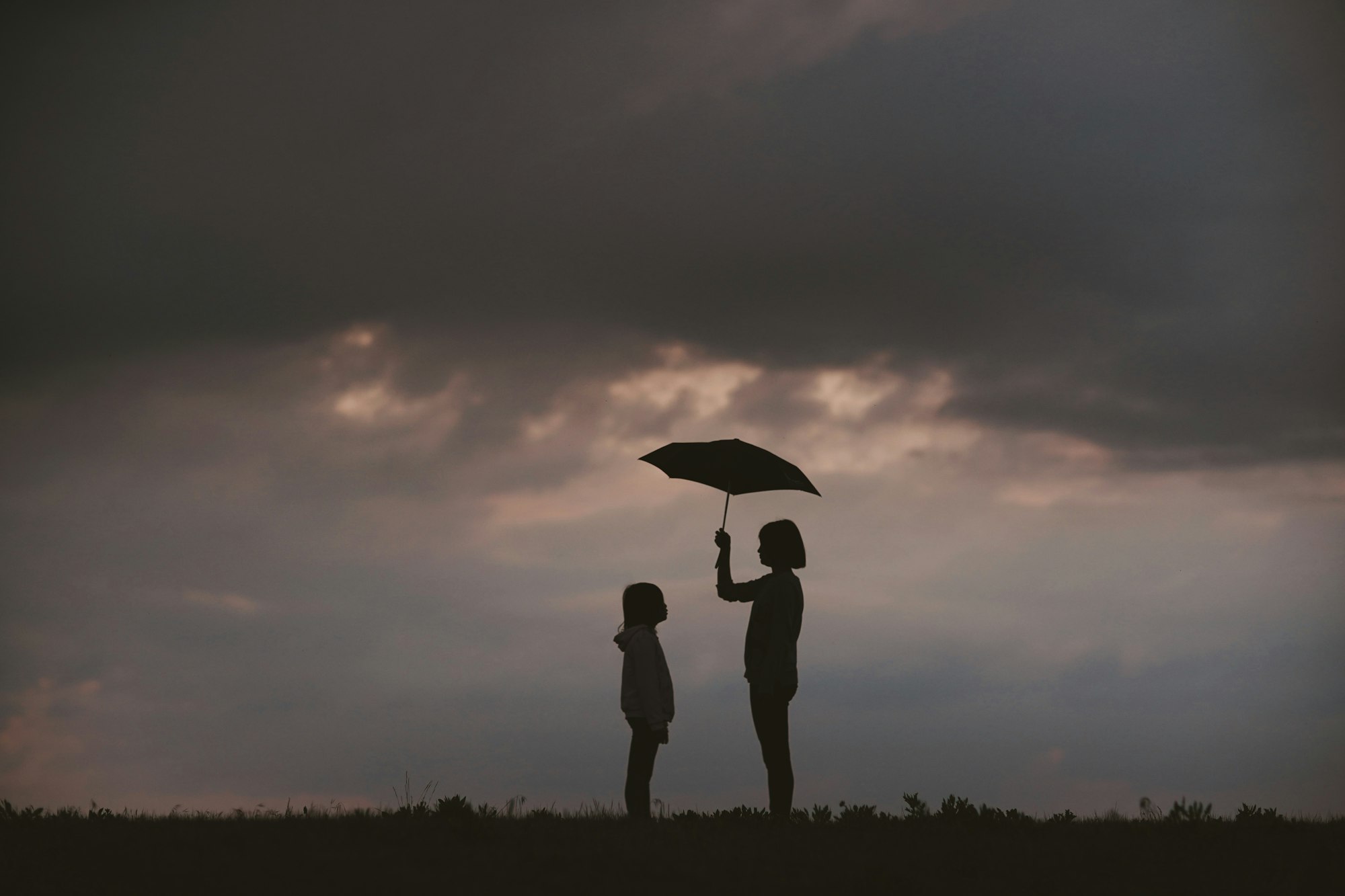How GTD has helped me during the pandemic

The pandemic has been an ordeal for everyone, and despite a lot of objectively good news about how cases and deaths are trending, we're a long way from being done with it. We just passed the one-year mark of when the pandemic was declared — March 16, 2020 was Day 1 of the Big Pivot at my university — and I've been reflecting a lot on the year that's passed. It's been difficult in ways and in degrees that I scarcely could have imagined in 2019.
But I also have to say: I'm doing OK. In fact, in some ways I have had a really excellent year. It's been the best year of teaching I've had in a long time. I've enjoyed stepping up to the challenges of the Big Pivot. I've gotten way more quality time with my kids than in the past. Although my family and I continue to deal with mental health issues that are not suitable for blogging, I don't really feel tired or burned out (at least not any moreso than usual at this time of the year) but energized by what I'm doing. I don't go around proclaiming this because it would be tone-deaf to do so, but it's true.
And I've been thinking about why my experiences and narrative for the past year have been so different from those of others. I don't really know the answer yet, but one thing I come back to is that Getting Things Done (GTD) has played a big role in helping me not just survive but sort of thrive during these times. It sounds corny and possibly creepy to say so, like I'm promulgating a religious cult. But I'm finding that the habits and disciplines of practicing GTD for the last 15-or-so years really paid off, and continue to pay off, during this pandemic.
Specifically these:
- Getting things out of my mind and into a system. The cornerstone of GTD is the idea that your mind is for having ideas, not holding them. Practicing GTD means that when something comes across your radar screen and gets your attention, you don't dwell on it — you capture it into a trusted system that you review regularly. It's that "mind like water" state. During the pandemic there has been a lot of stuff that grabs my attention and which is distinctively "sticky" in my mind — if I chose, I could spend all day dwelling on the things that grab my attention. From what I see, many people do exactly that, and that's why they end up burned out. GTD taught me the discipline of not doing this, but rather getting that stuff out of my mind and into a system I regularly review and then decide what, if anything, to do about it. Some people mistake this for disengagement or indifference; far from it, I think this is healthy engagement with all these important things.
- Being clear about what's actionable and what isn't. In GTD, once you capture something into the system, you then clarify what it means. Is it actionable? Is it for someone else to act on? Is it not actionable but information I might need later? Or is it just noise? I get the sense that failing to ask these questions about everything that's happened in the pandemic is a leading cause of anxiety, stress, and burnout. That's the essence of doomscrolling, I think — force-feeding "stuff" into your attention without ever really clarifying what you're supposed to do about it.
- Being mindful of what I can control. The purpose of that clarifying step, in my view, is to know what you can control and what you cannot or should not try to control — so that you can exert control over the things you can, and let go of the things you can't. A key concept in GTD is that you should only expend energy and emotion on the things that you need to focus on and can focus on. For example we split up tasks into contexts, and when we're getting things done we only focus on tasks that are in context — and completely put away tasks that are out of context. For me, this has been a lifeline during the pandemic. Take any example you like — rising deaths from Covid, the murder of George Floyd, the invasion of the US capitol building. These are objectively awful. But what are they, in terms of my sphere of control? Are any of these actionable? If so, what is the action? If I have no intention of acting on these things in some way, then from a GTD perspective, and I would argue from a mental health perspective generally speaking, there is nothing gained and a lot that's lost by letting them live in my head. What I try to teach my kids, especially during times like these, is there's no point getting emotionally invested in things that you can't control. Instead, determine what you can control and then get to work on it. Covid rates going up: Get masks for my kids that they like to wear. Racial riots in downtown Grand Rapids: Talk to my kids about whether they experience racism in their schools. Your next actions may not be my next actions, but the point is to act where you can, and don't dwell on it where you can't. Again, I don't see this as disengagement from terrible events; I see it as appropriate engagement, in fact the only kind that really produces any fruit.
- Focusing on the next action. GTD taught me that once you decide that something is actionable and that you are the right person to act on it, you ask the big question: What is the next action? What is the next specific, physical action I can perform, to do something about this thing? Write this down and put it in the system that you trust and review regularly. There: You just won back a portion of your humanity. And maybe your next action will really make a difference, a difference that would not have been made if we just doomscrolled and tweeted about how overwhelmed we are.
- Being fully present with what (and who) matters. Finally, although it's called "Getting Things Done", GTD has never been about getting as many things done as possible. It's referred to as a "productivity system" but I think it's more correctly thought of as a mindfulness regimen. By capturing, clarifying, and acting we become mindful of who we are and what we can do, and what we can't do, and we focus only on those things that we can do given the time, energy, location, and tools available. Why? It's so that we can be fully present with the tasks, problems, and people who need us in the moment we find ourselves in. My kids need me as their dad to keep them healthy and feeling safe in a truly frightening world; I can't do that if my mind is maxed out with bad news about things that I cannot do anything about in the moment. My students need me as their professor to impart to them a sense of meaning and purpose as we learn mathematics; I can't do that if I am thinking so much about how bad the world is that I am constantly tired. If there's one positive long-term effect of the pandemic, it's that we will never take human presence for granted ever again. And that presence doesn't just "happen", it's a choice and a discipline.
I want to end this by saying that I mean no disrespect to people who really are overwhelmed, burned out, or experiencing depression and anxiety. I see you — I work with you, read your tweets, grade your papers — and these negative effects of the pandemic are real, and there's no simple fix. If you are experiencing these things and see no way out, I urge you first of all to get real, professional help. Mental health is just as real as physical health, and you don't play games with either one. This article is just a suggestion that the discipline of mindfulness in general, and GTD in particular, is a form of self-help that I've found to be a lifeline during these times and maybe you'll see it that way as well.


